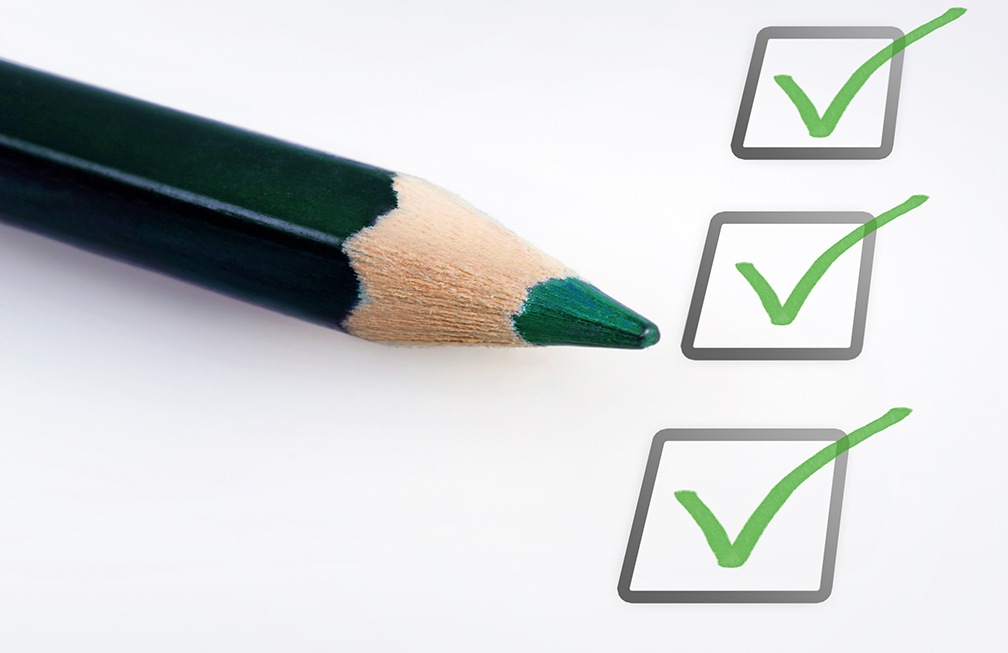The 4-Step Financial Checkup to Get Ready for a Mortgage in 2018
 Are you ready to join the ranks of homeowners in our local community? Congratulations – homeownership is a big step towards building your net worth and financial freedom. However, it is also a significant transaction that will affect your finances for the foreseeable future. Let’s take a look at a quick four-step checklist that will help you to get ready to buy a home with a mortgage in 2018.
Are you ready to join the ranks of homeowners in our local community? Congratulations – homeownership is a big step towards building your net worth and financial freedom. However, it is also a significant transaction that will affect your finances for the foreseeable future. Let’s take a look at a quick four-step checklist that will help you to get ready to buy a home with a mortgage in 2018.
Step 1: Set Up A Monthly Budget
It might sound a little basic, but the best first step is to commit to a monthly budget. After you buy a home using a mortgage, you will be responsible for making monthly payments for a period of time. The faster you get used to working inside of a budget, the better.
Your budget doesn’t have to be extravagant. Simply list your sources of income and your expenses. If you are spending more than you are making, you are going to need to cut back a bit.
Step 2: Start Setting Aside Your Down Payment
If you haven’t already, it is an excellent time to start gathering the funds necessary to make your down payment. This is the amount of cash that you put forward against the price of the home. The remainder of the purchase cost is covered by your mortgage, which you will pay off monthly in the future.
Note that the standard down payment amount is 20 percent of the home’s purchase price. If you have less than this available, you may be required to purchase mortgage insurance. But don’t let this deter you from starting the process now, especially if you have found the house that you want to buy.
Step 3: Check Your Credit Rating
Next, you will want to check your credit rating and FICO score to find out if you have any outstanding issues. You can access a free credit report from any of the major reporting agencies up to once per year, so be sure to take advantage.
Step 4: Meet With Your Mortgage Advisor
Last, but not least, you will want to schedule a meeting with your mortgage advisor. This is your opportunity to have all your mortgage-related questions answered by a professional who has your best interests in mind. If you decide that you are ready to move forward with buying a home, you can begin the pre-approval process at your convenience. We look forward to helping guide you down the path to buying your dream home!
 Are you in the market for a new home? If you are considering a mortgage, you may be curious about mortgage insurance, commonly referred to as PMI or MI. Let’s explore the topic of mortgage insurance, including how it works to reduce risk and how it benefits you as the mortgage borrower.
Are you in the market for a new home? If you are considering a mortgage, you may be curious about mortgage insurance, commonly referred to as PMI or MI. Let’s explore the topic of mortgage insurance, including how it works to reduce risk and how it benefits you as the mortgage borrower. If you are a homeowner who has had their mortgage for a few years, you may be starting to wonder about refinancing. In essence, this is the process of retiring your current mortgage and taking out a new one because the terms are more favorable to you. Below we will share three reasons why you might want to look at refinancing your mortgage this year. Let’s get started.
If you are a homeowner who has had their mortgage for a few years, you may be starting to wonder about refinancing. In essence, this is the process of retiring your current mortgage and taking out a new one because the terms are more favorable to you. Below we will share three reasons why you might want to look at refinancing your mortgage this year. Let’s get started.